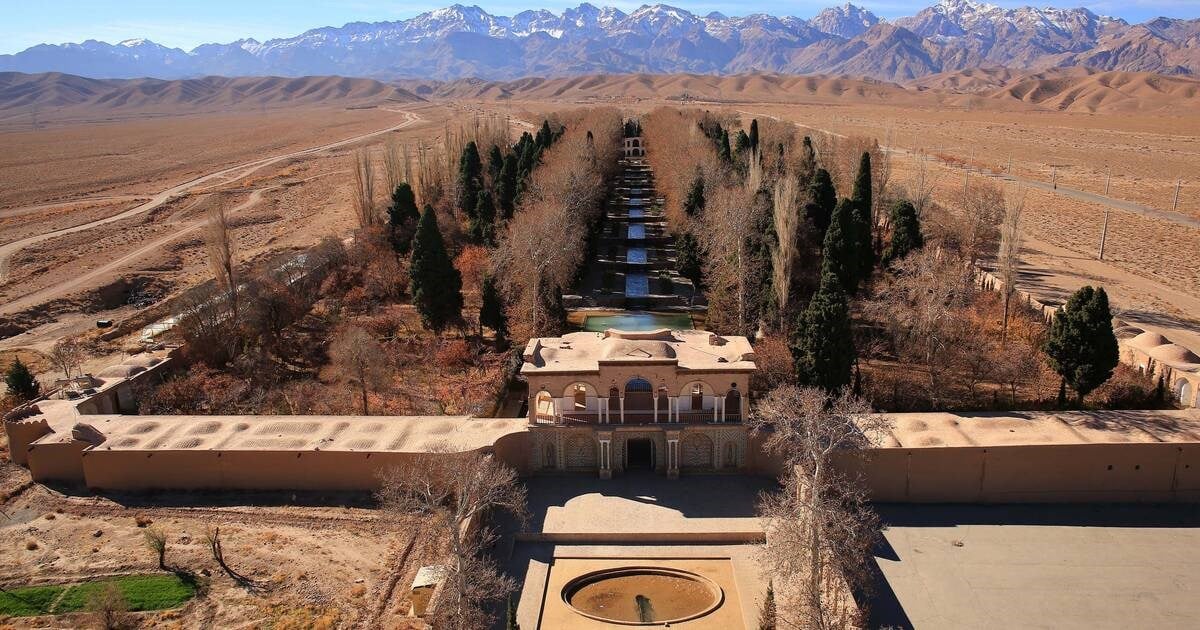Spanish city to alleviate scorching heat with ancient Iranian tech
Engineers at Universidad de Sevilla have concluded that the remake of Persian qanats - with renewable energy - would be one of many viable solutions to combat the heatwave in Spain.
-

A Persian Qanat (UNESCO World Heritage)
Using Iranian technology systems that were created by Persians over a thousand years ago, Spain aims to alleviate the heat by its replication of ancient technology of the qanats - an underground aqueduct between two shafts - thanks to engineers who have come up with a way to do it in efforts to lower average temperatures amid a scorching heatwave.
See next: Europe swelters in a record-breaking heatwave
The mechanism, which happens to also be a UNESCO World Heritage, entails building underground canals that carry water across vast areas that need cooling.
Vertical shafts drilled along the channel bring underground air to the surface, lowering temperatures above ground.
Bloomberg reported that the new system will replace an old qanat which was first used in 1992, in modern Seville as part of an experiment. This helped bring down temperatures by 3°C.
Engineers at the Universidad de Sevilla have innovated the ancient technology in a way that allows the framework to run on sustainable energy.
“Our responsibility is to take measures to avoid a scenario in which this city becomes unlivable,” said Seville Mayor Antonio Munoz. “We need to develop measures to mitigate the effects of climate change.”
Seville, for long, has dealt with hot weather. Pictures that date back to the 1940s depict streets covered with large canopies and awnings to protect people from direct sunlight, keeping popular parts of the city cooled throughout the summer. Recently, these systems were expanded; now taxi stops, public playgrounds, hospital entrances, and schools enjoy the shade.
Read next: Drought threatens Spain's 'green gold' harvest
“We call it a policy of shade,” Munoz said. “It’s just one of the many things we need to do if we want to be able to use the streets — from children playing to people who want to do their shopping or just sit outside and talk.”
The city is also installing fountains, planting 5,000 trees a year, and using construction materials that reflect heat - extreme heat calls for extreme measures.
There are about 37,000 out of a total of 120,000 functional qanats in Iran in both arid and semi-arid regions in the country.
There are 11 qanats enlisted on the UNESCO World Heritage list, going under the title of "Persian Qanat". Such mechanisms pose as testimonies to civilizational artistry, tradition, culture, and creativity.
Read next: More than 1,100 people killed by heatwave in Spain, Portugal

 3 Min Read
3 Min Read








